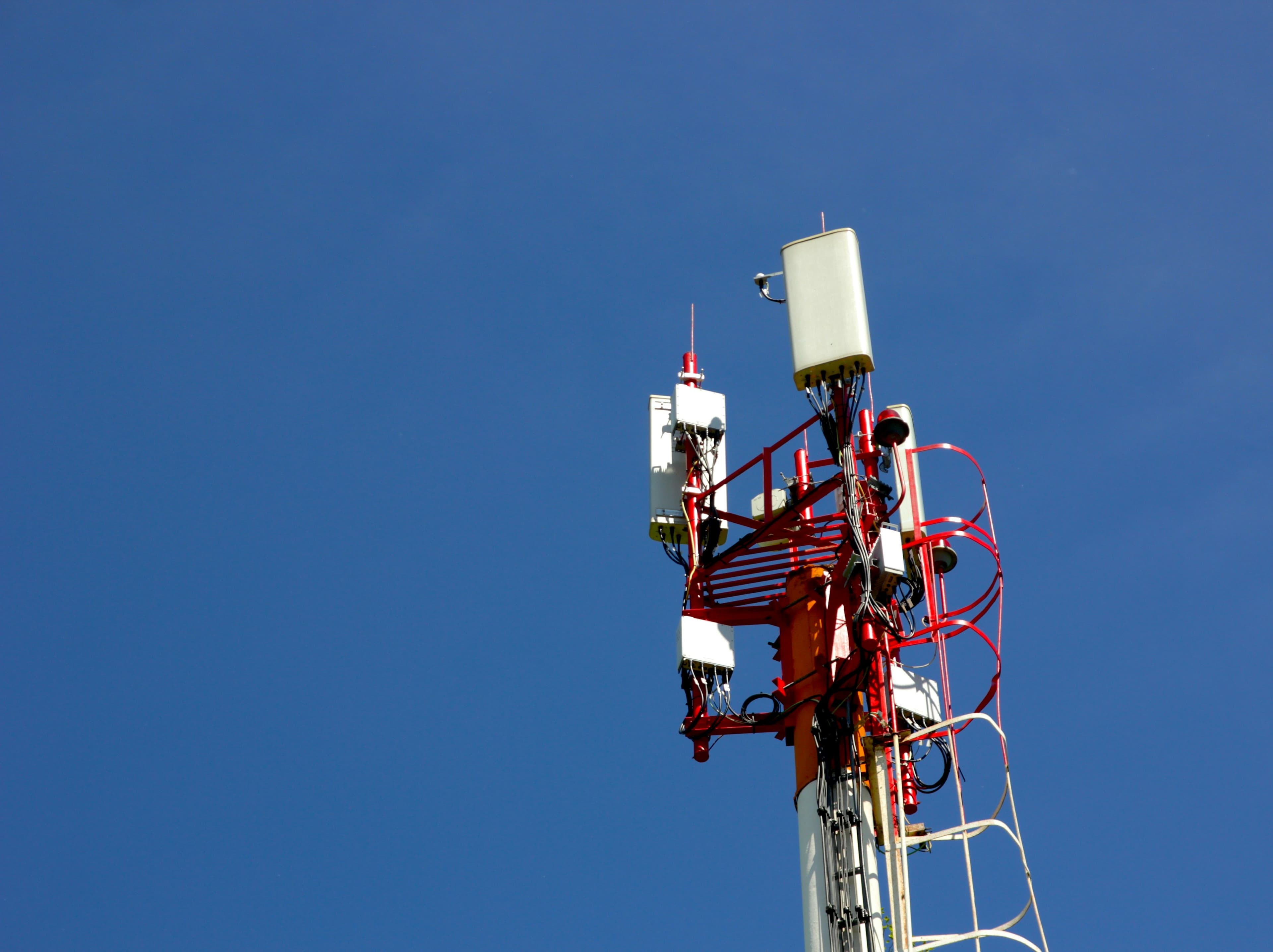
Low cost bundle or mobile only understanding Portuguese offers without losing your mind
Between local operators cutting prices and European giants settling in, navigating telecom offers in Portugal requires a bit of calm, plenty of coffee, and a good dose of clarity.
A country where the phone is part of the landscape
In Portugal, the phone is not just a tool. It’s an extension of oneself. In Lisbon cafés, on Algarve beaches, or in Porto’s narrow streets, everyone has their smartphone in hand, often with two SIM cards to switch between operators. Connectivity is part of daily life, almost like air or sunshine. But when it’s time to choose a plan, things get complicated fast.
On one side, low cost offers promising the world for just a few euros a month. On the other, ultra-complete bundles combining Internet, mobile, TV, and sometimes even a landline, just like in the old days. And in between, a mobile only generation that has neither the desire nor the need to pay for services they never use. The result is a jungle of options where everyone tries not to get fooled.
Low cost offers are tempting but can hide surprises
Let’s be honest, Portuguese low cost plans would make a French or Belgian customer dream. Here, for ten euros a month, you can get a generous mobile plan, a fast connection, and even some roaming data abroad. It’s tempting, very tempting.
But it’s worth reading the fine print. Some offers display great prices for the first six months, then quietly increase. Others limit speeds or charge extra for basic services. And there are those virtual operators, with no physical stores, betting everything on customer autonomy. Cheaper, yes, but only if you’re comfortable navigating online menus and Portuguese forms.
That said, for many, these offers remain unbeatable. Especially for young people, foreign students, or freelancers passing through who value flexibility above all. Portuguese low cost is like an espresso: strong, fast, and straightforward.
Bundles the old school model that managed to reinvent itself
At the other extreme, there are bundles, those all-in-one packages that recall the days of landlines, boxes, and TV decoders in the living room. This model, far from outdated, has adapted to modern habits.
Today, Portuguese bundles are often modular. You can choose fiber speed, number of TV channels, amount of mobile data, and even add streaming options. It’s the kingdom of “everything under control,” perfect for families, long-term expats, or anyone who values stability.
Some operators go even further, offering exclusive perks: subscription discounts, welcome gifts, or even weekend Internet bonuses. In short, the bundle remains the choice of comfort, security, and “I just want it to work without headaches.”
Mobile only total freedom
Then there’s the new generation, the one that’s never had a landline and watches television… on their phone. For them, mobile only is obvious. No need for fiber, no cables, just a solid 5G network and a powerful plan.
Portugal understood this trend early on. Operators developed flexible, no-contract plans with unlimited gigabytes and outstanding national coverage. In big cities and remote areas alike, 5G allows people to work, stream, or play without issues.
Young professionals, digital nomads, and even some modern retirees now choose this solution. Fewer bills, fewer cables, more freedom. Mobile only is a kind of à la carte telecom: you take what you want, when you want.
Understanding the logic of Portuguese operators
In Portugal, three major players dominate the market: MEO, NOS, and Vodafone. Around them revolve a multitude of small low cost brands, often disguised subsidiaries, allowing them to target every customer profile. The idea is simple: offer something for everyone so no one leaves for the competition.
It’s a subtle game. MEO attracts with its coverage and solid bundles, NOS bets on technology and entertainment, and Vodafone plays the international card with excellent network quality. Low cost operators rely on their infrastructure and cut prices. The consumer, meanwhile, must navigate all this, often without a compass.
Fiber optics and 5G a network that means business
If Portugal attracts so many remote workers, it’s also thanks to the quality of its network. Fiber optics cover nearly the entire country, and 5G has expanded at an impressive pace. Even in remote villages, the connection is often better than in some European capitals.
For users, that changes everything. Working from a terrace in Faro, taking a video call in Sintra, or watching a show in Braga, everything runs smoothly. Operators know this is their strongest selling point and use it as a powerful marketing weapon. The country has become a perfect playground for modern digital habits.
Between price and comfort the eternal dilemma
Choosing a telecom plan in Portugal is a bit like choosing a coffee: you have to know what you want. Low cost attracts with its prices but requires attention. Bundles offer peace of mind but raise the bill. And mobile only seduces with freedom, provided you have good coverage.
The Portuguese, ever pragmatic, often switch. Some start with a low cost plan, then move to a bundle once they settle down. Others test mobile only for a few months before returning to something more complete. It’s a matter of timing, lifestyle, and sometimes mood.
In conclusion
The Portuguese telecom market is a bit like the country itself: simple on the surface, complex once you dive in, but always charming. There’s something for everyone, for every taste, every generation, and every way of living digitally.
Between aggressive offers, comforting packages, and flexible options, everyone can find their path. The secret is not to rush, to compare, and to choose based on real needs. Because in the end, whether you’re a fan of low cost, bundle, or mobile only, what truly matters is staying connected… without losing your mind.
Share this article
Suggested articles

Staying online on the road the secrets of a good connection in rural Portugal
Portugal isn’t just Lisbon, Porto, or the beaches of the Algarve. It’s also hilltop villages where time seems to stand still, endless fields of olive trees, and winding roads that twist through the hills. The kind of place where silence weighs more than a PDF file. But let’s be honest: even in all that tranquility, we still want to stay connected. To send an email, make a call, or simply check the weather before lighting the barbecue.

Fiber 5G and sunshine the new paradise for digital nomads
There was a time when the dream of a digital nomad meant a bamboo hut in Bali, a MacBook, and a green smoothie. But in recent years, a new paradise has shaken up the global remote work map: Portugal. With its omnipresent fiber optics, rock-solid 5G, and near-daily sunshine, the country has managed to charm freelancers and startup founders alike (and, of course, lovers of good pastéis de nata).

Internet for Travelers: The Smart Guide to Staying Connected in Portugal
Traveling through Portugal today means stepping into a country where modernity and tradition coexist with rare harmony, where cobbled streets lead to cafés with fast Wi-Fi connections, and where technology blends effortlessly into the rhythm of everyday life.

Getting Connected in Portugal: How to Choose Your Operator Without Falling Into Traps
Settling down or spending time in Portugal often means discovering a country where everything feels simple, easy, and welcoming. But when it comes to mobile networks, internet access, or SIM cards, things can quickly become a little more complex.

Home telecommunications in Portugal
Moving to Portugal is more than just a change of address — it’s the beginning of a new chapter filled with light, calm, and possibility. Once you’ve found your new home and unpacked your suitcases, one essential task quickly rises to the top of the list: getting connected.

Telecommunications in Portugal
For many, arriving in Portugal marks the beginning of a new chapter — whether to live, work, study, or simply enjoy the sunshine and the gentle pace of Portuguese life.


